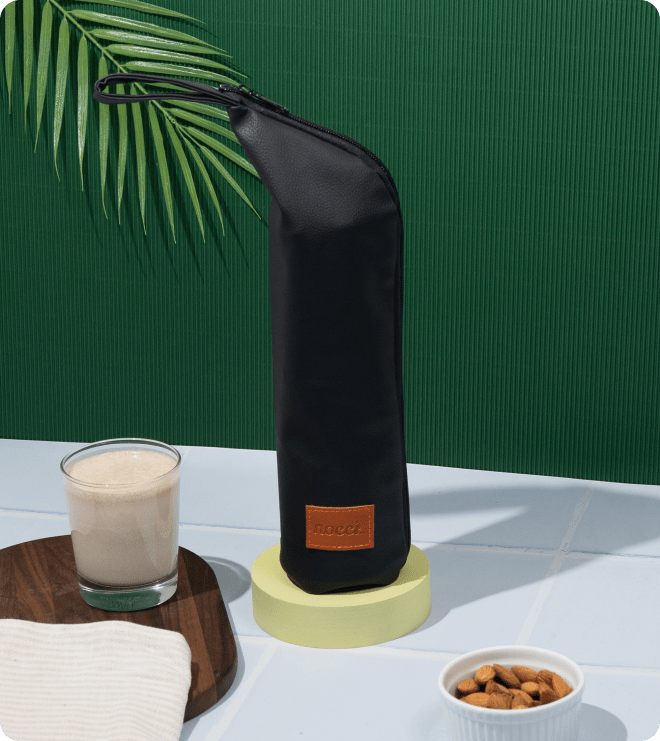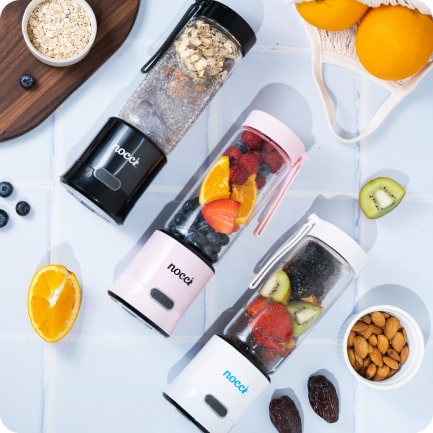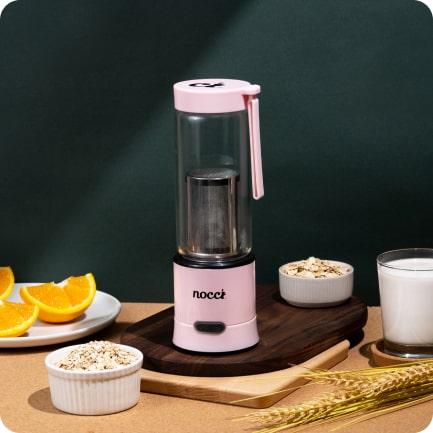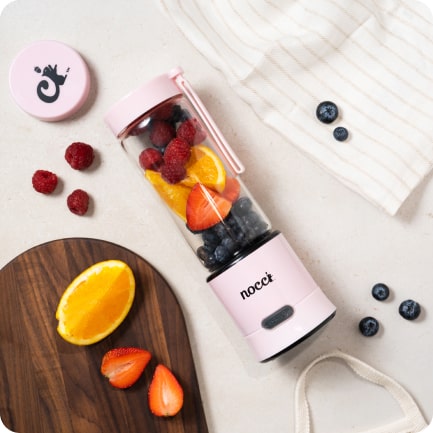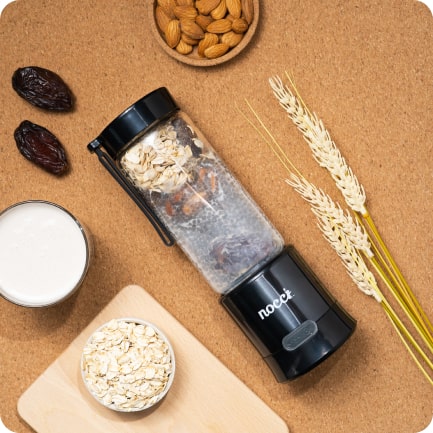TRAVELING WITH FOOD ALLERGIES.

Do you have food allergies and worry about how they will impact your travels? I know the feeling all too well. Navigating different cuisines, traditions, and cultures with allergies and a limited diet can feel overwhelming - especially if it means avoiding all your favorite dishes. But don't let your worries hold you back! With careful planning and effort, living with allergies does not have to burden your travels.
This post will cover my best practices for traveling with allergies, finding the best places to travel with food allergies, preparing your meals when possible, and researching allergy-friendly destinations before settling on an itinerary. You can travel with allergies without feeling limited and worrying about unwanted consequences from your allergies!
What are food allergies, and how can they affect travel?

Food allergies are a type of adverse reaction to certain foods or ingredients. They can cause symptoms like nausea, vomiting, hives, swelling, and difficulty breathing. Symptoms of a food allergy can vary in severity from person to person, making it difficult to predict how the body might react.
Food allergies can pose a severe problem for travellers, and being prepared for potential reactions and situations is vital. While there is no definite way to prevent adverse allergic reactions, there are steps travellers with food allergies can take to minimize their risk. Proper planning and preparation allow you to navigate any travel destination safely and successfully.
Causes of food allergies
Common causes of food allergies include a combination of genetic and environmental factors. A person's immune system may become overly sensitive to specific proteins found in foods, causing the body to think these proteins are a threat and creating antibodies to combat them, which can lead to inflammation, itching, swelling, and other allergic reactions when the individual comes into contact with the food.
Recognizing symptoms of food allergy reactions

First and foremost, consult with your doctor or allergist before traveling to identify what allergens you have and get a comprehensive list of the substances that can trigger an allergic reaction. You can also request an allergy test kit or an allergy patch test. Once you have this information, share it with all members of your travel party and any hotels or restaurants you'll be using. Open communication ensures that your needs are known, and suitable accommodations can be met.
When traveling with a food allergy, it's crucial to know what symptoms and signs to look for in the case of an allergic reaction. You should also be aware of medical facilities near your destination in case of emergency or access to medical assistance is required. It is also helpful to carry allergy cards for international traveling, written in the destination country's language, to communicate any food allergies or dietary restrictions.
How to prepare for travel with food allergies: knowing what to research and pack
Researching the destination, you're traveling to is helpful as some areas may be more allergen-friendly than others. For example, if you have a peanut allergy, avoiding areas where peanuts are commonly used in cooking would be wise. You can also look into food-allergy-friendly restaurants or find out if the hotel you're staying at has an allergen-free menu.
Packaging emergency medications such as an epinephrine auto-injector or antihistamines and keeping them on hand is always a good idea when traveling with food allergies. Bring snacks that are safe to eat in an emergency or if you can't find convenient food options near your destination.
Traveling with personal kitchen items like the Nocci Travel Blender can also be incredibly convenient. It allows you to create delicious and nutritious smoothies, shakes, and snacks that are safe to consume while on the road. Additionally, having the ability to make your drinks and meals eliminates the time spent researching local restaurants and menus to find something that meets your dietary restrictions. It is an excellent tool for those mindful of diet and allergies, making meal prep while traveling much easier and less stressful.
Best practices when eating out: read food labels
Prepare food for yourself when possible, and bring snacks between meals. Taking the time to prepare your meals and snacks can make a huge difference in your experience. You'll have complete control over your ingredients, allowing you to pick only the freshest and healthiest meals while vacationing.
It's easy to focus on the convenience of eating out and picking up quick meals, but being mindful of what we consume can be just as important. Reading food labels is the simplest way to ensure you know all potential allergens lingering in the product. As aforementioned, it's helpful to prepare your food when possible, but when eating out, be sure to ask the restaurant staff about allergens in each dish, so you can decide whether it is safe to eat.
Traveling with food allergies can be challenging, but by taking the proper steps, you can be better prepared for any potential roadblocks. Research in advance, pack safe snacks and an emergency kit, read labels carefully, explain your allergies effectively to locals, and stay informed of any local news that might affect your eating. These steps should make sure you have a safe and enjoyable trip. And don't forget to take your Nocci Travel Blender: it's great for making healthy smoothies and traveling while managing your allergies! With these tips in mind, I hope you have nothing but happy travels ahead!
Bon voyage!
